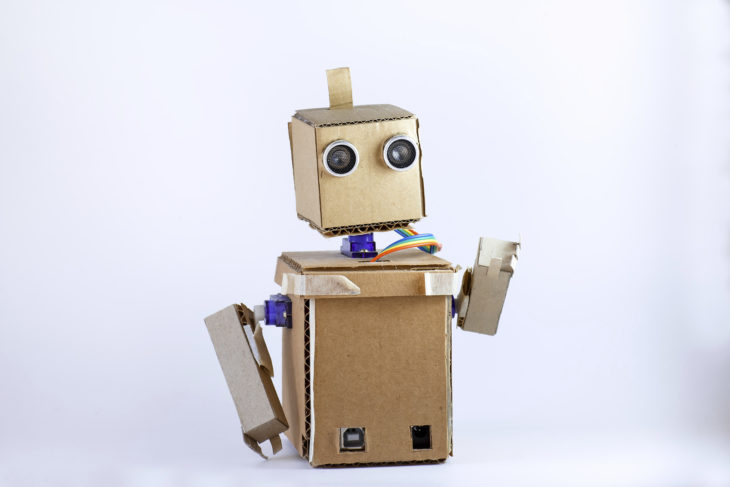Artificial Intelligence (“AI”) is rapidly impacting and altering the professions around us, whether for better or for worse. In some instances, AI is completely replacing the work traditionally performed by flesh-and-bone employees. Some of the most significant, and perhaps unexpected, industries that are affected are the legal and financial industries. Let’s take a closer look at the AI phenomenon and its impact on these industries.
Why give AI a chance?
If AI was not a worthwhile investment, it would not be given the massive funding required to develop it. The biggest appeal for AI in the legal and financial industries is, in short, its ability to save legal and financial firms money. Certain delegable tasks can be performed by computerized programs, for which only an initial investment is required, as opposed to the external costs involved with hiring employees to perform the same functions. AI doesn’t require health insurance or paid time off – all that AI requires is perhaps occasional upgrades and tech support, thereby making it a worthwhile long-term investment for firms.
The nature of risk in delegating tasks to AI
I initially questioned how error-prone AI functions in the legal and financial industries would be, and what risks are involved in delegating tasks to automated programs. The legal and financial industries are, by nature, industries of precision. A small typographical error in a legal document could result in a malpractice lawsuit, and a numerical or computation error could result in a poor investment, jeopardizing an entire portfolio.
Most tasks in these industries require meticulous attention to detail and repeated proofing of work done. Giving the task to a computerized program involves a significant amount of trust, especially since AI boasts its ability to eliminate the risk of error by promoting consistency through computerization, whereas the nature of human error rarely can create a sphere of errorless consistency.
Which tasks can be delegated to AI?
Given the fact that AI promotes a reduction of human error and efficiency, it logically follows that only time-consuming tasks which involve human error are delegable. Tasks that require an element of creativity or artfulness, or any form of critical thinking, are not best suited to be delegated to computerized programs. For instance, preparing a legal strategy and drafting a motion or brief are not tasks suitable for AI. However, the legal research used as a foundation for the said brief or motion can certainly be delegated by AI, if the program is designed to accurately find cases needed to support the argument in question.
The same principle can be applied to the financial services industry. AI should not be choosing which stocks to fill a portfolio with, but can certainly identify stocks that fit a certain trend or movement. Although a human being with capable intelligence must decide how best to hedge a portfolio for risk management, AI can assist in preparation by identifying which stocks are the most and least risky.
AI and Due Diligence
One of the best-suited fields for AI to replace tasks traditionally assigned to humans is in the field of due diligence. Due diligence spans across the legal and financial industries – it is a broad term that encompasses the principle of conducting adequate research before committing or executing a deal or transaction.
In the legal field, due diligence is often associated with mergers and acquisitions or real estate closings. AI can replace the human need for conducting due diligence in the M&A sphere because M&A due diligence requires the same task repeated for each M&A transaction, such as researching whether a certain corporate entity actually owns all of the sub-entities it claims that it owns, or whether a real estate parcel has been previously transferred or sold. Where a systematic, uniform task is involved, AI can easily and efficiently replace human services. To re-hash my point, there is no creativity or critical decision-making involved in such a task, and as such, it can be delegated.
The same principle applies in the financial services sector. Stock or portfolio research summaries or performance reports are just that – reports – that can be conducted by anybody who can be taught a system of doing that type of research. As such, AI can replace the need for human beings in performing these tasks, increasing efficiency and saving money.
Conclusion
To summarize, AI can only replace tasks which can be systematized and require no creativity or critical thinking. One of the major benefits in delegating such tasks to AI is that the computerized program will eliminate the risk of error by being more consistent in its performing a certain task repeatedly than a human being. AI can reduce direct and external costs for employees on top of that, making it a very attractive alternative.
However, AI cannot completely replace human labor. As this article was written, AI is not currently capable of employing critical thinking to solve problems or to develop legal and financial strategies. Unless your work is a systematic reproduction time and time again, your job is not at risk – but if it is, beware – AI might soon be replacing you.


